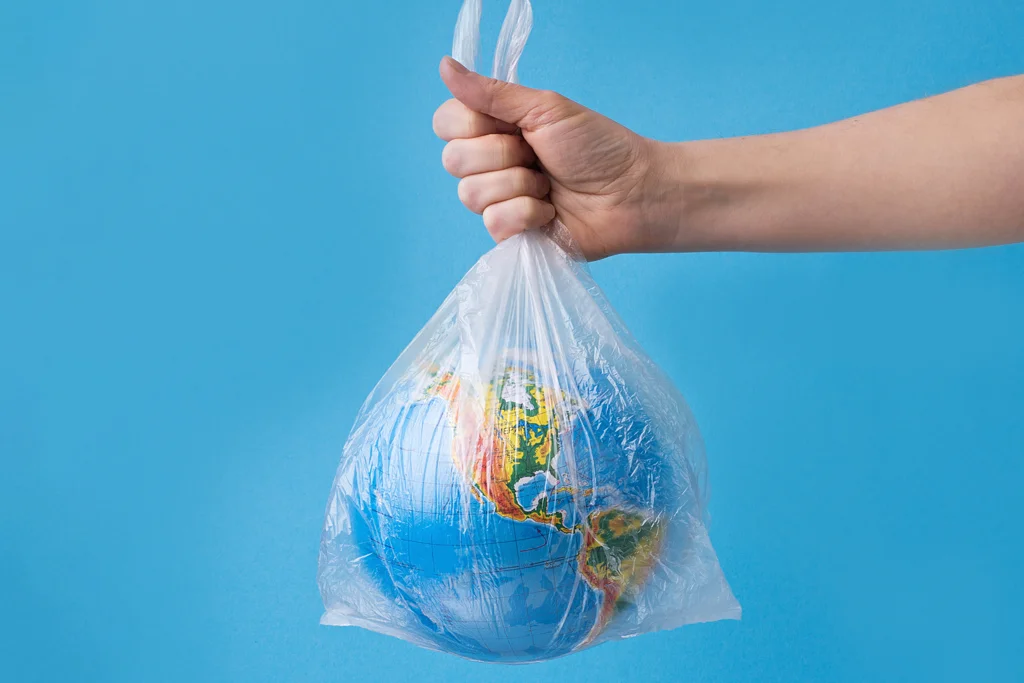Innovative Solution to Plastic Pollution: Introducing “Living Plastic”
An international team of researchers has introduced a potential solution to the issue of plastic pollution by creating a biodegradable material known as “living plastic.” This material is made up of soft thermoplastic polyurethane and bacteria that have the ability to decompose at the end of their lifespan.
The material utilizes bacterial spores from a strain of Bacillus subtilis, a common soil bacteria. These spores, when exposed to nutrients in compost, germinate and break down the plastic. Researchers believe that this property is inherent to these bacteria.
Bacterial spores were chosen for their resilience to harsh environmental conditions. Unlike fungal spores, bacterial spores have a protein shield that allows them to survive in a vegetative state.
To manufacture the biodegradable plastic, Bacillus subtilis spores and thermoplastic polyurethane granules were mixed in a pressing machine, where both components were melted together. The biodegradability of the material was then evaluated by placing it on biologically active compost, where it decomposed by 90% in five months.
Researchers emphasize that this technology is effective even in environments without additional microbes, increasing its versatility. Additionally, they believe that the persistent bacterial spores in the degraded material would be harmless, as Bacillus subtilis is generally considered safe and even beneficial for plant health.
While the study has focused on producing small quantities of the new material at a laboratory scale, researchers are working on optimizing the process for industrial-scale production.



